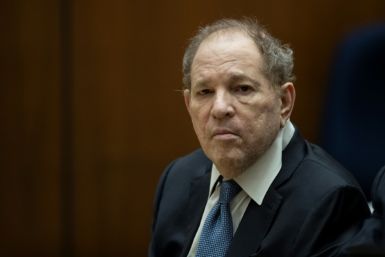Spain's PM Confident of Economic Growth by 2014
Spanish Prime Minister Mariano Rajoy on Tuesday once again ruled out possibility of his government requesting a bailout from the ECB this year at least; and said that his country can return to economic growth by 2014 as long as it stuck to a policy of fiscal austerity.
"This has been a bad year, but we have laid the basis for the recovery," the Prime Minister said in an interview with radio station Cadena Cope as cited by Xinhua.
"2013 will be better than 2012, but we will not see any clear economic growth until 2014," he noted.
According to Rajoy, Spain had nearly completed all the bond issues required to finance the government's operations throughout 2012, thus negating the need for the ECB to buy Spanish bonds.
But the Prime Minister conceded that an ECB intervention may be welcome in the future, especially if Spain's borrowing costs continue to grow.
"If we see that during a long period Spain is financing itself at very high prices then we would have to ask for it," he admitted, as quoted by AFP.
"For now we have covered practically the entirety of our issues through this year...but I don't want to renounce using it (a bailout) if it is in the interests of Spain. For the moment we have not decided to adopt it but it is a possibility that we have open," Rajoy later added.
Related: Spain Resists ECB Bailout Despite Draghi's Urgings
Related: Spain To Borrow $267 Billion In 2013 Amid Bank Bailout Fears
By October 23, Spain raised a gross 85.9 billion euros ($US110 billion) in medium and long-term bond sales - equal to 95.1 percent of its 2012 target. Spain's total gross financing needs will rise in 2013, from 186 billion euros this year to 207 billion euros.
Rajoy said that the key question for Spain was whether ECB action would bring down the risk premium to 200 basis points or leave it at about 400 basis points.
"If [borrowing] costs stay at the same level, then a bailout doesn't make much sense," Rajoy said.
According to the Prime Minister however, the economic reforms implemented by the government will soon bear fruit, bringing relief to the nation's latest unemployment figures, released on Monday, at 4,833,521 people.
"There are things that cannot be solved by magic and it will need time to see the effects of our reforms," he said, adding that it would probably be unnecessary to raise taxes.
Rajoy also dropped a hint that his government may lower taxes on its citizens once the economic recovery began to kick in.
"There are measures that we did not like having to take and we will overturn some of them in 2014," assured Rajoy.
Related: Pain in Spain As Austerity Reaches $80bn
Related: Greece and Spain "in Depression, Not Recession": Stiglitz






